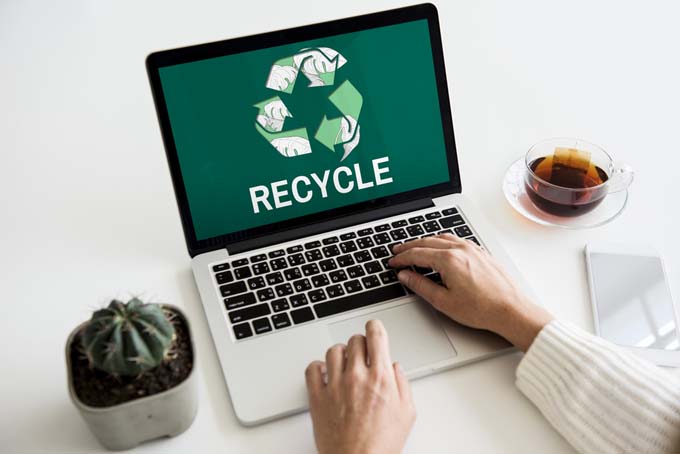Fake vaccination apps: What travelers should watch out for during the summer vacations
After weeks full of privation, the anticipation of the well-deserved vacations is now growing. But despite all the euphoria, a few precautions should be remembered, especially when using digital tools. False vaccination certificate apps, for example, are lurking.

Vacations at last: For many people, the past few months have been associated with great privation. The anticipation of the most beautiful weeks of the year is all the greater. But along with the joy, caution is sometimes forgotten. Cyber criminals could take advantage of this, especially since many digital devices continue to be used even during the vacations, for example for payment transactions or for the use of various apps related to Corona measures. Fake vaccination certificate apps could pose an additional threat, according to security experts.
Fraud and data theft
According to experts from IT security service provider Eset, cybercriminals are focusing particularly on fraud schemes, mobile device theft, WiFi spying and data theft this year. "Anyone going on vacation should make their digital companions fit before the start of the trip. It is important to update the operating system and the installed apps to the latest version. It is also recommended to install an anti-theft module on smartphones, tablets and laptops. Travelers should also remember to enter their digital vaccination certificate in the official apps," advises Thomas Uhlemann, Security Specialist at Eset.
Camping vacations are once again in full swing this year, and the number of caravan registrations has been rising steadily for quite some time. From 2019 (29,837) to 2021 (39,120), new registrations of caravans alone have increased by 31 percent (source: Civid).In Switzerland, the figure is 26 percent higher than the previous year, according to Statista. "Especially when traveling, public WiFi hotspots at campsites are very popular. There's nothing wrong with using these offers, but you should never enter confidential data such as credit card information there, nor should you conduct online banking transactions or the like."
Fake vaccination certificate apps in circulation
Cybercriminals have been exploiting the Corona pandemic for their own purposes for more than a year. Security experts are convinced that fraudsters will also abuse the digital vaccination passport. Phishing emails or fake apps will appear especially in the summer months, designed to trap vacationers shortly before the start of their travels. It can be assumed that many tourists will still want to digitize their analog vaccination certificates in the short term.
Six tips for a safe vacation
- Deploy anti-theft solutions: Smartphones, tablets and notebooks are quickly lost during the vacations. To make it difficult for thieves, modern anti-theft modules, such as those included in Eset's security solutions, use the built-in camera, for example, to photograph the perpetrator unnoticed. They also localize the geo-coordinates of the lost device.
- Beware of fake Corona apps: Cybercriminals want to make profits with fake or harmful apps (e.g., fake vaccination certificate apps). Travelers in particular are currently increasingly looking for apps on the subject of Corona, for example to digitize their vaccination cards.
- Back up important data: Important data on the smartphone and tablet can be backed up. USB sticks, external hard drives or cloud services are suitable for this. If the hardware is lost, at least the data is not lost and can be restored later.
- Update software and security solution: The operating system, the installed apps and the security solutions used should be up to date. This prevents the exploitation of known security gaps.
- Use WiFi hotspot only with VPN connection: Hotels, campsites, bars and other locations entice vacationers with free WiFi access. However, there is a risk that criminals can spy out sensitive data such as login or credit card details. Users should therefore additionally secure the connection with a trustworthy VPN solution. Purchases or financial transactions should nevertheless be postponed until after the vacation.
- Be careful when paying: Contactless payment has been more popular than ever since the Corona pandemic. This is also becoming more and more common at vacation resorts. A special protective cover or wallet shields the credit or debit cards. This prevents thieves from reading the data with special devices. Alternatively, Apple or Google Pay can also be used, depending on the support of the house bank. This increases security during the payment process.
Source: ESET









